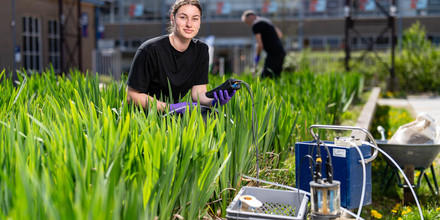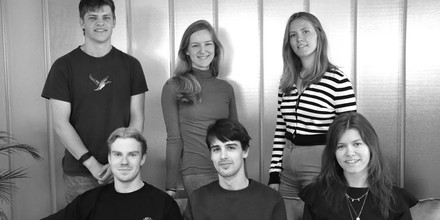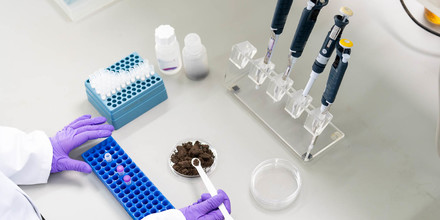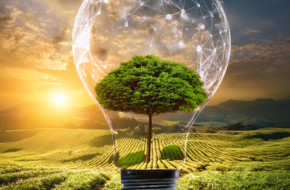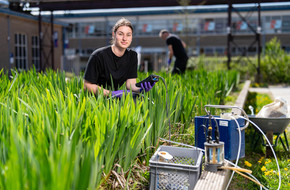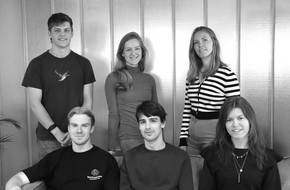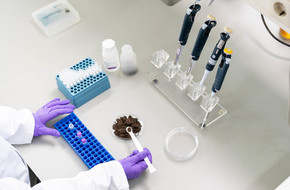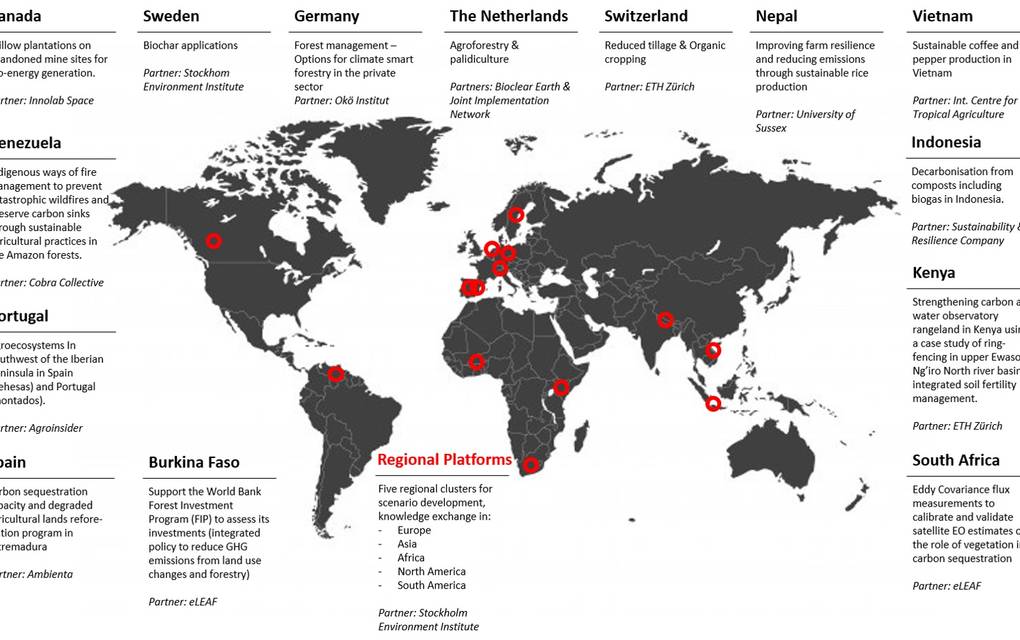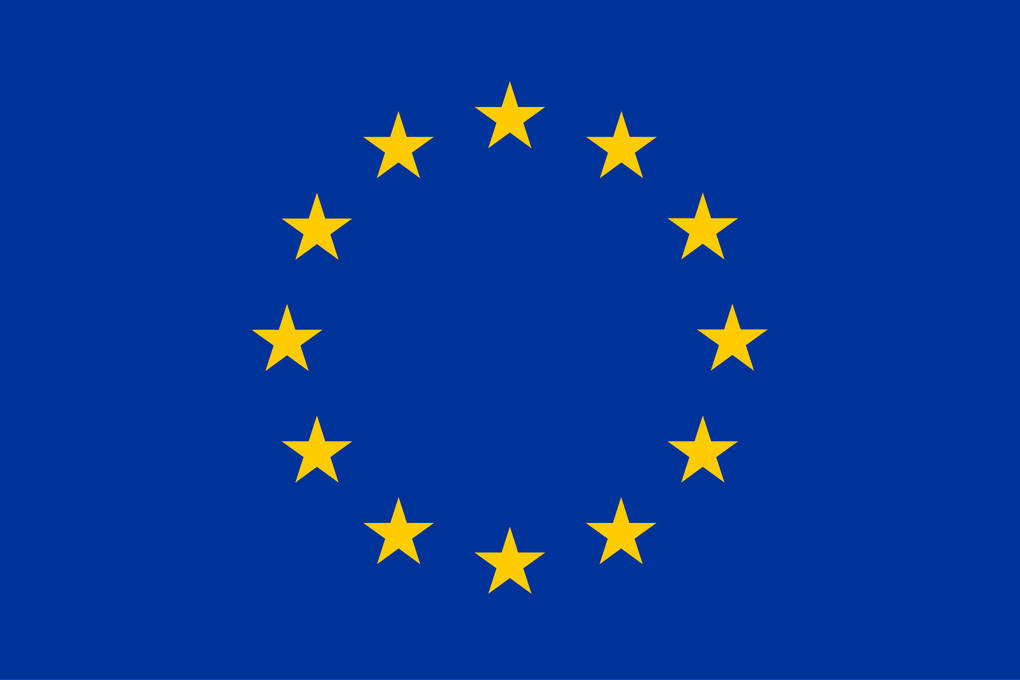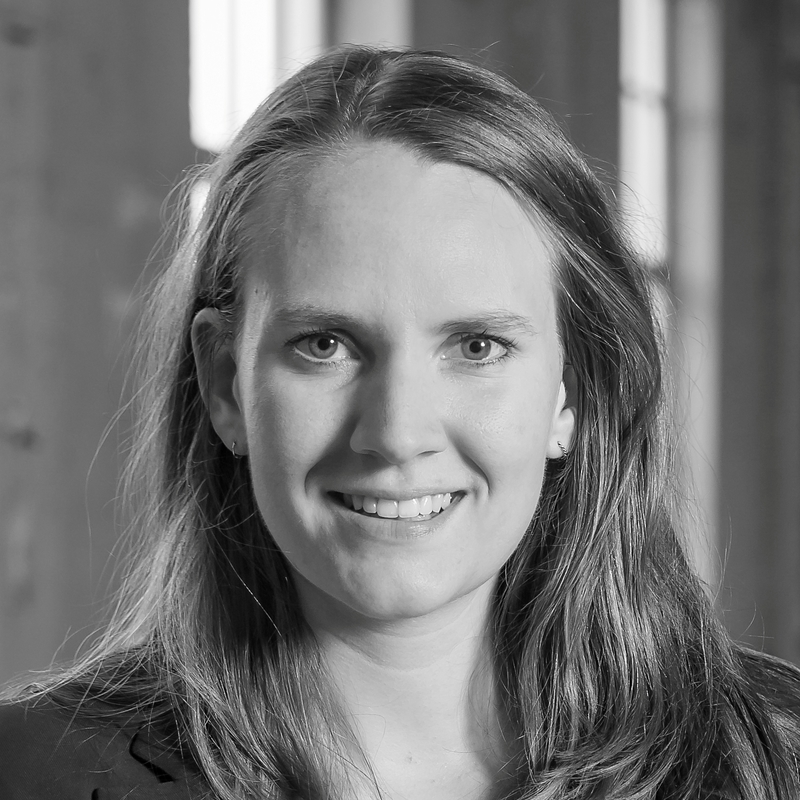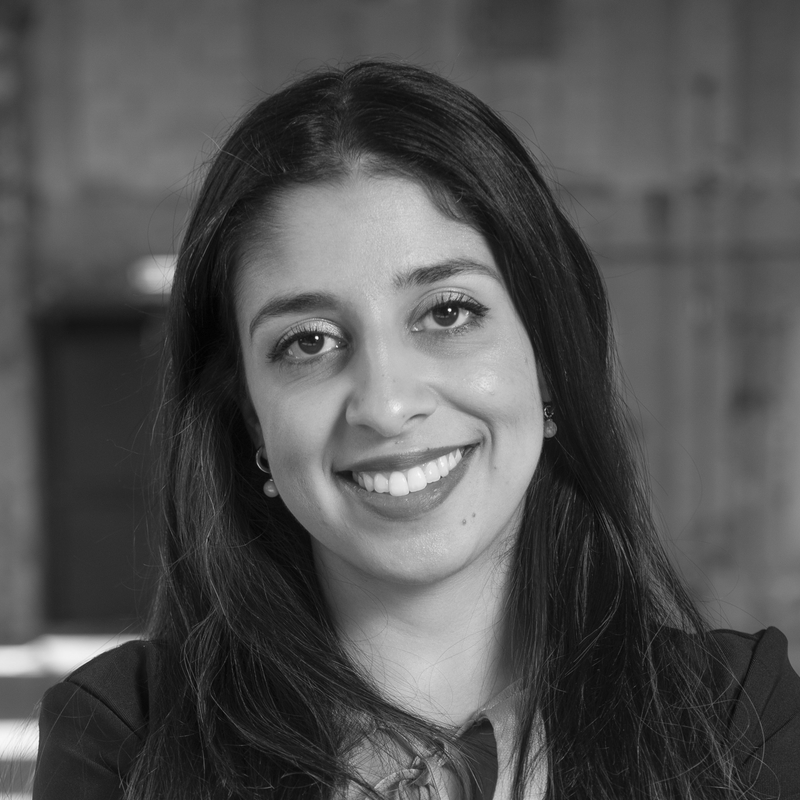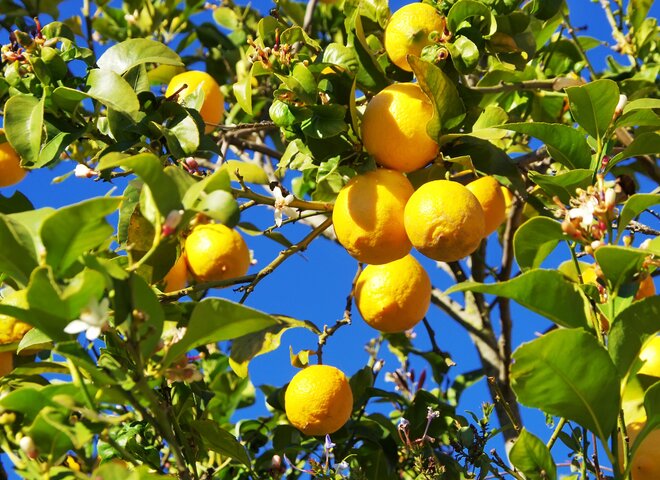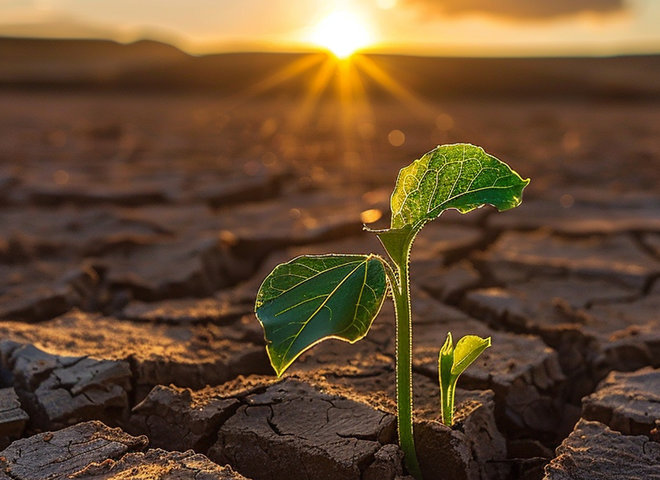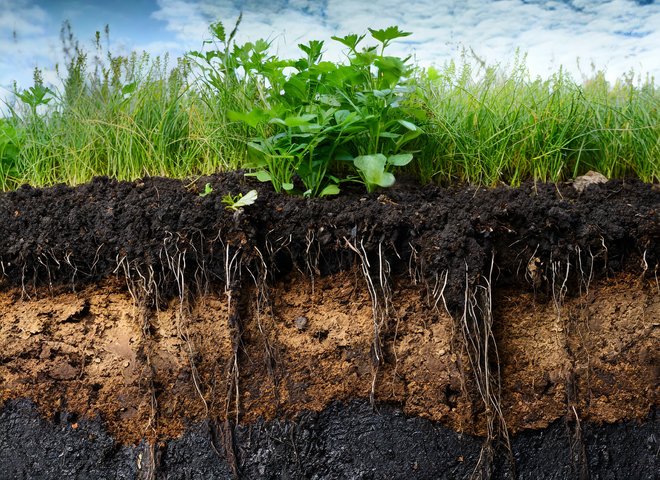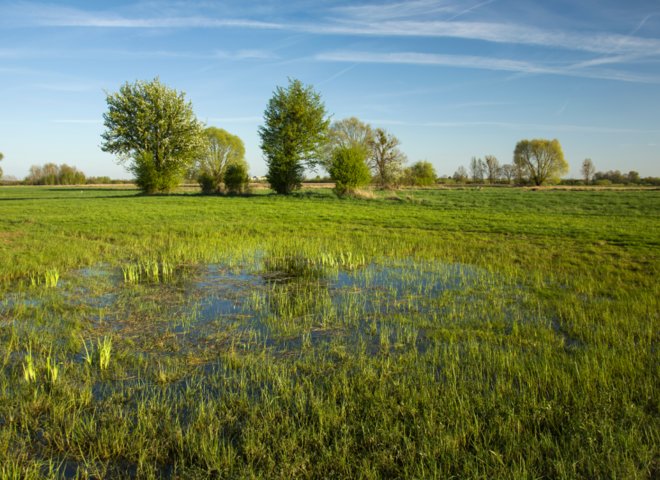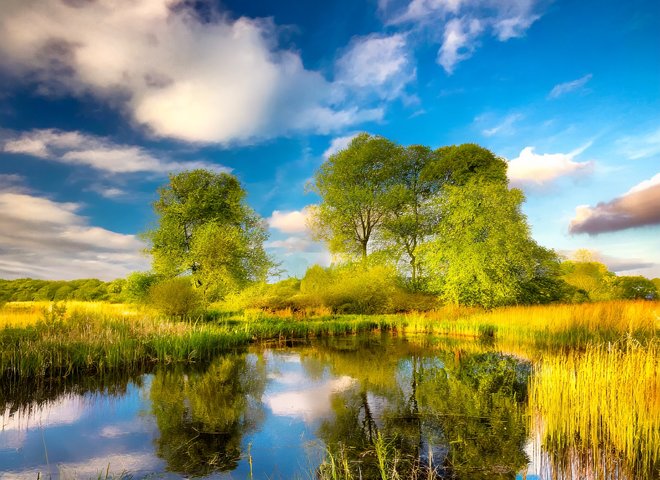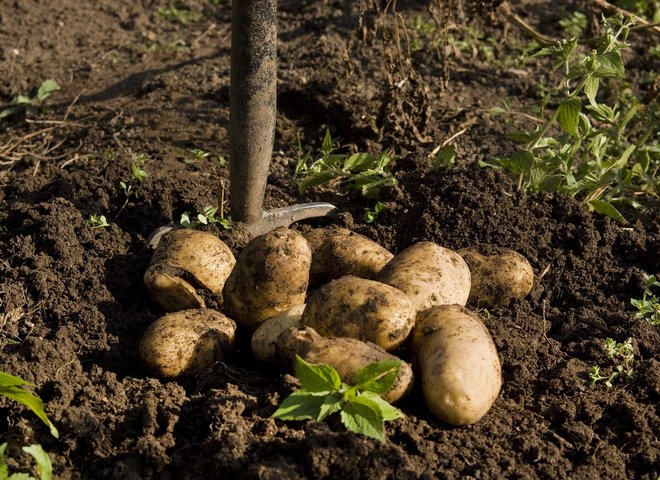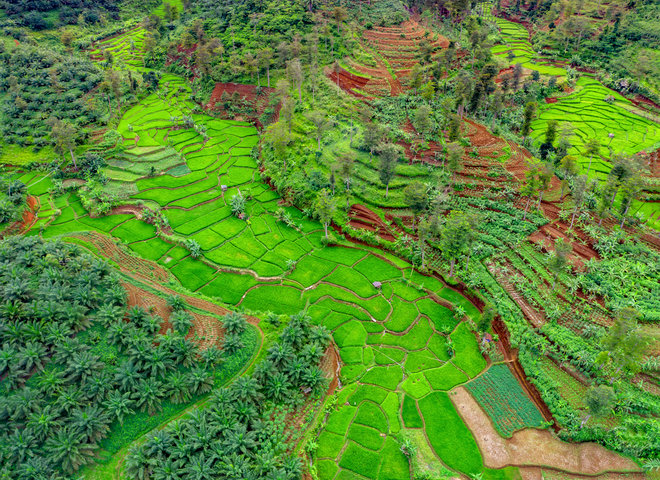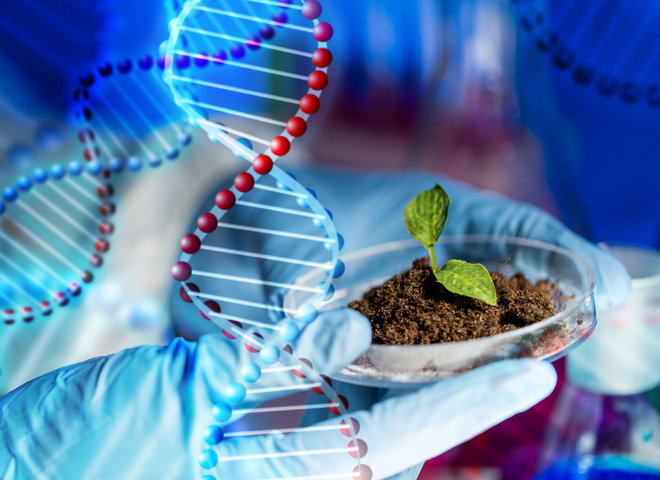In the first 2 years, we took samples in 4 case studies (paludiculture and agroforestry (the Netherlands), pasture farming (Portugal) and soil management (Kenya). A total of 68 samples. This year we collected samples for 3 case studies: agroforestry (Indonesia), effect of grazing in pasture/forest land (Spain and Portugal) and afforestation (Spain). A total of 121 samples. In addition, we are in the process of arranging sampling in a number of new case studies: agroforestry (Vietnam), wetlands (Canada), Protected Areas (Burkina Faso), indigenous forest fire management (Venezuela) and rice cultivation (Nepal).
LANDMARC partner meeting 2022: initial results and field demonstration
On 15-17 June 2022, we met our LANDMARC partners in person for the first time. It was very interesting and inspiring to see everyone, to share results and to brainstorm about future research steps. During the workshop we presented some microbial research results and during a field trip we gave a demonstration of soil sampling. We also made a short video for our partners to visualise all the different steps of our work, not only in the field but also in the lab and then processing all the data.


